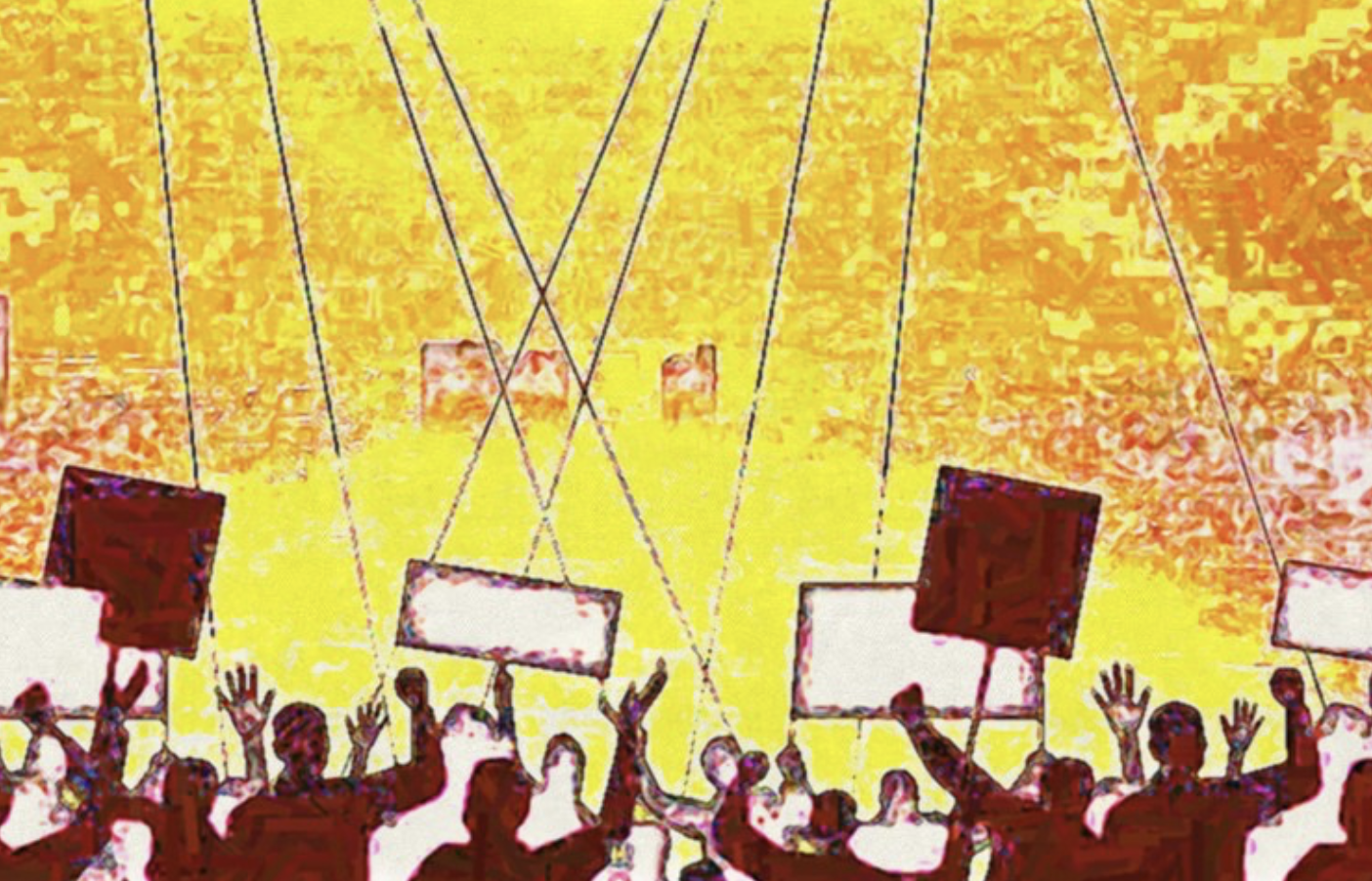When democracy is reduced to looting in cycles…

In 1954, East Bengal staged one of the most decisive electoral rebellions in South Asian history.
Ordinary voters, cutting across party and sectarian lines, rejected the Muslim League’s tired Muslim nationalist politics. Their votes carried a different message that they want autonomy for Bengal, and dignity for Bengali identity. The United Front became the vessel of that aspiration.
But by 1958, the promise of that moment had curdled. Ayub Khan’s military coup extinguished constitutional rule and imprisoned the very leaders–Maolana Bhashani, Sheikh Mujib, Abul Mansur Ahmad–who had carried Bengali hopes only years earlier.
Crowds still gathered to hear them, but it took another decade for the people to recognize the urgency of defending their own elected voices.
Why the delay? Because Bengal’s own politicians squandered the mandate. Between 1954 and 1958, they traded away national interests for petty gains. They dragged mobs into the legislature.
They let a deputy speaker be lynched on the assembly floor. Their short-sighted rivalries paralyzed governance and opened the door for Iskander Mirza and Ayub Khan to walk in.
This history should temper any surprise at the current crop of “professional” politicians who emerged after July. Bangladesh’s political class has always been quick to sacrifice the larger good for narrower spoils.
They gain power, squander it, and then watch as the public, disillusioned, turns to authoritarian alternatives.
The pattern is painfully familiar. These politicians cannot even defend their own collective interests, let alone those of the nation. They treat politics, their sole profession, as an unregulated bazaar where internal feuds weaken them and empower outsiders.
Expecting them to prioritize people’s livelihoods is a fool’s errand. At best, we might hope for “limited” looting, performed in cycles, without pushing the country into complete collapse. But even that faint hope often proves too generous.
Religion calls internal strife–fitna–worse than tyranny. Bangladesh’s history confirms the wisdom of that view. Time and again, citizens, weary of chaos, have chosen the cold certainty of dictatorship over the corrosive infighting of their elected representatives.
Advice, of course, is useless. You cannot reason with leaders who govern from their stomachs, not their minds. Power infects them before they even hold it; they suffer from what one might call the “Masud disease (Bangladeshi people will understand)”--a belief that office, once gained, will never be surrendered.
They speak of elections, only to manipulate them. They promise order, only to deepen disorder. And always, they remain committed to the same project: not service, not governance, but looting without end.

Plain and simple truth
For Bangladesh’s working people, the challenge was never abstract. The task should have been to pool together small, individual efforts–of farmers, workers, housewives, clerks–into a structured civic presence that could not be bought off by any cabal.
The real democratic project should have aimed to turn scattered voices into a sustained political dialogue, rather than any episodic explosions of “mass uprisings” that flicker and fade.
Instead, the system is designed to make such thought impossible. The economy functions less as a platform than as a trap: a bamboo stick slicked with oil, impossible to stand on.
People run endlessly inside it like guinea pigs–burning calories, gaining nothing. With formal politics hollowed out, there is no room to build horizontal networks or civil associations.
Even the so-called middle class, when their work hours and leisure time are measured, resemble 18th-century mine laborers instead of modern citizens. They are too exhausted to organize even around their own grievances, let alone to create alliances across classes.
In such an environment, even the most justified demands cannot reach the negotiation table. They are answered instead with police batons and tear gas. Blood becomes the only form of proof that the people exist.
Here, poverty is not simply the residue of looting, it is the instrument that sustains it. Impoverishment itself has been weaponized, echoing Marx’s “progressive immiseration.” It is what allows the political elite to loot in plain sight, confident that the poor will be too beaten down to resist.
This pattern is not confined to the domestic arena. Internationally, Bangladesh’s rulers play the same game.
The Awami League government has learned to sit comfortably in India’s lap while borrowing from China to finance “development projects” that serve mainly as conduits for theft.
India understands the arrangement well: so long as the people remain impoverished, their submission is guaranteed, no matter who is doing the looting.
Thus, the looting reproduces itself. It is not a cycle that breaks; it is a feedback loop, a self-sustaining ecosystem. Each theft enables the next.
To change its course would be among the hardest tasks in the world. And this, tragically, is the burden history has placed on the people of Bangladesh.
—
Mikail Hossain is a writer and researcher

